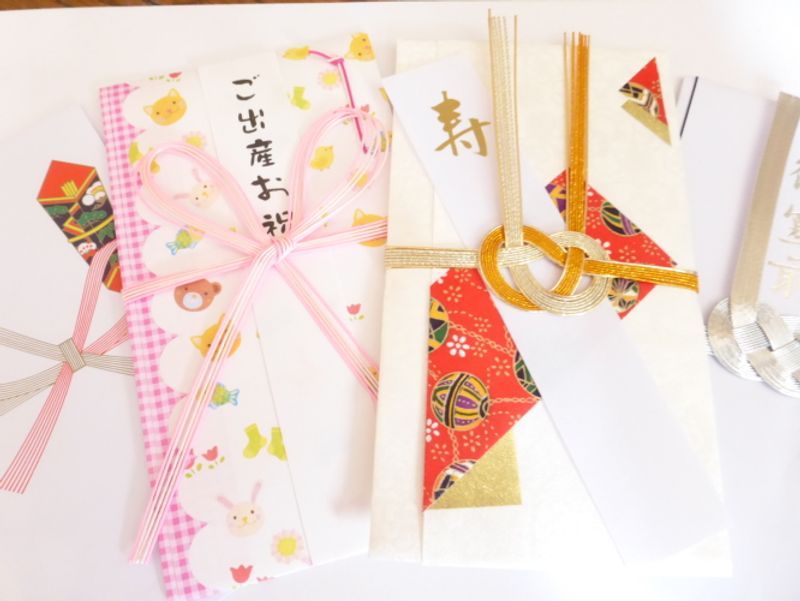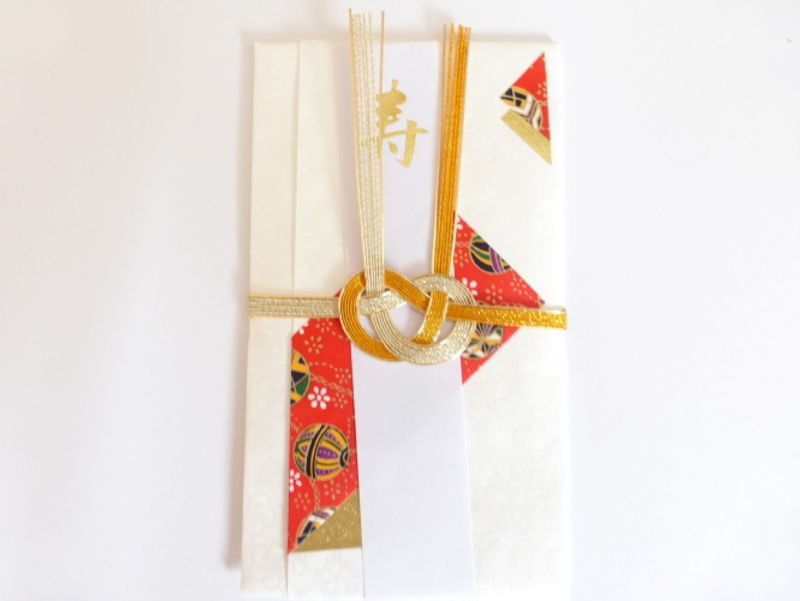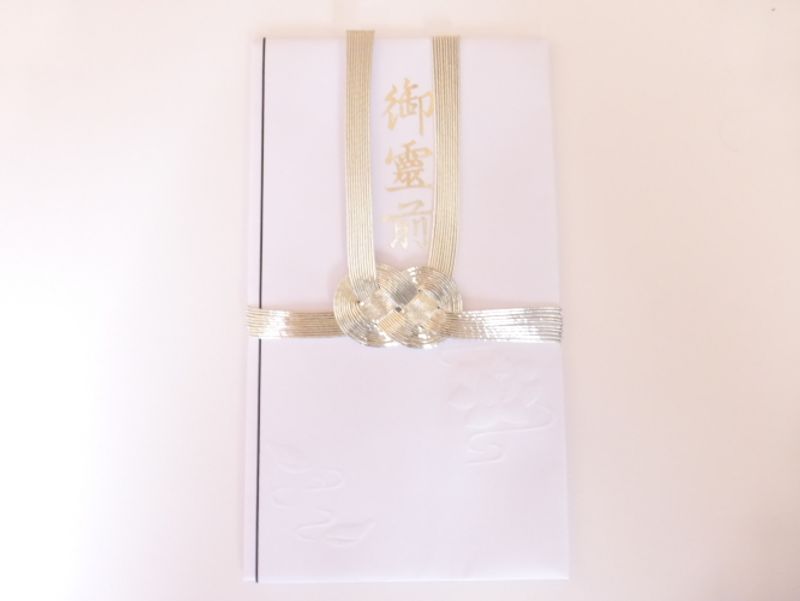Oct 31, 2014
Envelopes and Notes: Handing Over Hard Cash at a Japanese Ceremony

You don’t have to stay in Japan very long until you become the recipient of some sort of gift. Probably in the form of omiyage/ お土産 (souvenir), but also to say thank you, sorry, or as a show of recognition for a job well done or some kind of inconvenience that may have been caused. The culture of gift giving in Japan in strong.
When it comes to the big ceremonies though, money talks. Weddings, funerals, the birth of a child, showing up to such events with a nice set of dinner plates or a cuddly toy will, at best, be met with a bemused/strained show of default gratitude. And only because you’re a gaijin and didn’t know any better. Well, now you do.
The first thing to note about giving money in a formal situation is that it must be presented in a envelope. Hard cash is deemed to have changed hands many times and is potentially the carrier of all sorts of germs and filth. There are special ‘envelopes’ for such occasions. You’ve probably already seen them, decorated with bows and sometimes elaborate flourishes, lining the shelves of convenience stores, 100 yen shops, and shopping malls. Be warned though, specific envelopes are required for specific occasions. Here are the classics.

The Wedding
Hopefully, this is a once in a lifetime event. To represent this, envelopes (like the one above) are tied with a complicated bow which cannot be untied with a bit of pull and tied up again (don’t even try). Write your name on the white strip of paper at the front.
Inside the main envelope is a smaller one. This is where you put your money. Cash must be in the form of new notes, which means you’ll have to get them over the counter at the bank. In terms of how much money to give, the important rule is that it should not be in values that can be easily divisible by two (and no coins, please!). So, giving two 10,000 yen notes would be bad form. For the natives, a wedding minimum is usually 30,000 yen (three 10,000 yen notes), and goes up through 50,000 yen, 70,000 yen etc. A foreigner may be shown more leniency. Ask fellow guests beforehand.

The Funeral
Again, for many (although not all) this is definitely a one time only event, and as such the bow that ties the envelope will be similar in ‘method’ to that of a wedding. However, the colors are far more sedate (blacks, grays, silvers, as above). Keep an eye out for the kanji ご霊前/go-reizen (before the spirit of the deceased).
The money rule here is to give used notes, which represents the sudden/unexpected nature of a passing (as opposed to the perhaps bad form of having gone to the bank for some fresh notes in anticipation of such an event). There are no rules in terms of how much or of what value. 5,000 - 10,000 yen would be safe bet outside of close family and friends.
The Birth of a Child ご出産/go-shusan
This is a good example of a life event or ceremony that might happen many times. And that that is generally considered a good thing (as opposed to funerals and weddings).
Here the bow of the envelope is tied in the classic way of being one that can easily be untied and tied again (although, there is no need to tamper with it). The envelope is the second from the left in the main picture.
5,000 - 10,000 yen is an appropriate amount to give on such occasions.
With all of the above, don’t attempt to apply any glue or tape to seal your envelopes.



0 Comments